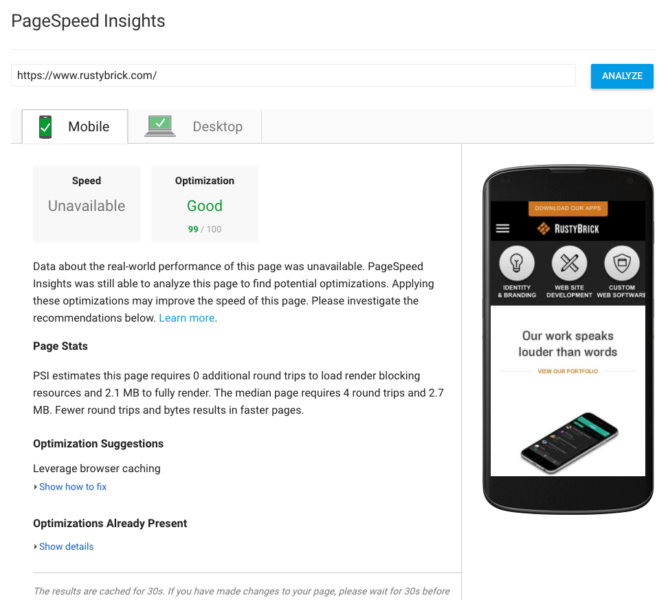Google PageSpeed Insights now uses real data from Chrome browser users
Google has revamped their pagespeed tool to give more insights into how fast their pages really load.

Google announced that the PageSpeed Insights tool has been updated to use data from the Chrome user experience report, which means the tool is using metrics from “real-world Chrome users who experience popular destinations on the web.”
The pagespeed tool now shows you how fast your pages load based on real user data, which is an important metric for user satisfaction.
Pages are graded on these level:
- Fast: The median value of the metric is in the fastest third of all page loads.
- Slow: The median value of the metric is in the slowest third of all page loads.
- Average: The median value of the metric is in the middle third of all page loads.
The tool provides these features now, as Google describes:
- The Speed score categorizes a page as being Fast, Average, or Slow. This is determined by looking at the median value of two metrics: First Contentful Paint (FCP) and DOM Content Loaded (DCL). If both metrics are in the top one-third of their category, the page is considered fast.
- The Optimization score categorizes a page as being Good, Medium, or Low by estimating its performance headroom. The calculation assumes that a developer wants to keep the same appearance and functionality of the page.
- The Page Load Distributions section presents how this page’s FCP and DCL events are distributed in the data set. These events are categorized as Fast (top third), Average (middle third), and Slow (bottom third) by comparing to all events in the Chrome User Experience Report.
- The Page Stats section describes the round trips required to load the page’s render-blocking resources, the total bytes used by the page, and how it compares to the median number of round trips and bytes used in the dataset. It can indicate if the page might be faster if the developer modifies the appearance and functionality of the page.
- Optimization Suggestions is a list of best practices that could be applied to this page. If the page is fast, these suggestions are hidden by default, as the page is already in the top third of all pages in the data set.
Here is a screen shot of the pagespeed report for this site:
Not all sites are graded; they need enough traffic and data from the Chrome user experience report to be graded. For example, my company site has no data for pagespeed:
You can learn more about the tool over here.
Related stories
New on Search Engine Land

